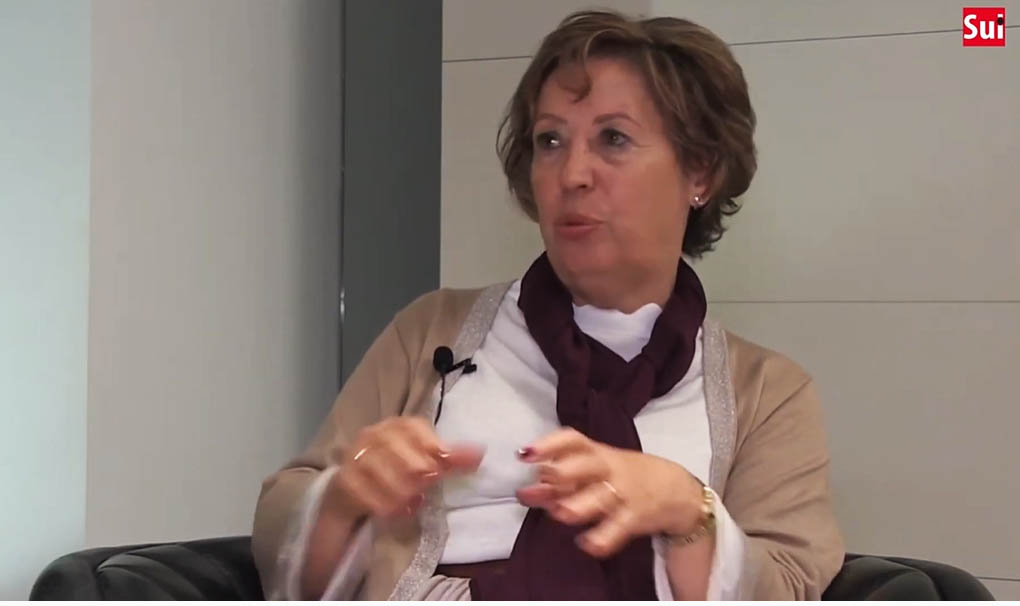«The “irresistible and corrosive nostalgia” in the life and work of Manuel Teixeira Gomes» is the theme of the communication that the Algarve historian Maria da Graça Ventura presents tomorrow, the 21st, in Lisbon, at the international colloquium «Far from home: ideas, emotions, images and writings of nostalgia in the Mediterranean world (1492-1923)», promoted by the National Library of Portugal (BNP).
O colloquium counts with the participation of a vast group of national and foreign scholars who will explore the idea and feeling of “longing”; a very Portuguese feeling shared by Mediterranean societies and felt by individuals and communities – whether temporarily or permanently – particularly in a geography marked by the voluntary and involuntary movement of people across political, cultural and religious borders, since antiquity. Being away from home triggers a wide range of situations and feelings, such as nostalgia manifested in narratives, letters or art.
Invited to participate in this international colloquium, Maria da Graça Ventura, president of the Instituto de Cultura Ibero-Atlântica and principal researcher at the History Center of the University of Lisbon, read the letters that her countryman Manuel Teixeira Gomes sent to family and friends throughout of his life in exile.
According to the communication's synopsis, Manuel Teixeira Gomes, born in Portimão in 1860, “a dilettante tradesman, politician by civic duty, intrepid traveler and auto-fictionist, built a life of constant exile. Almost always outside his homeland, from the age of 10 he cultivated a taste for art, literature, travel.”
“Reading his memoirist writing brings us closer to the man whose constant fascination with art and life led him to a nomadic exile in the Mediterranean space that he revealed from a very early age”, he adds.
Self-exiled since 1925, “his literary work, of an epistolary nature, reveals an 'irresistible and corrosive nostalgia' for his mother tongue. In Bougie, Algeria, he fed on the memories of his land and returned to it in his work. He received missing letters from his daughter Ana Rosa, but he always remained. The “friend” Belmira and her daughters maintained regular correspondence with him, expressing the strangeness of an absence, at first frequent, until it became permanent. Corrosive longing until the end”, concludes the synopsis.
With this communication, Maria da Graça Mateus Ventura, who had already coordinated the edition of the book Manuel Teixeira Gomes. Craft of Living (Tinta da China Editora), makes another remarkable contribution to the understanding of the life and work of the writer and former President of the Republic.



















Comments